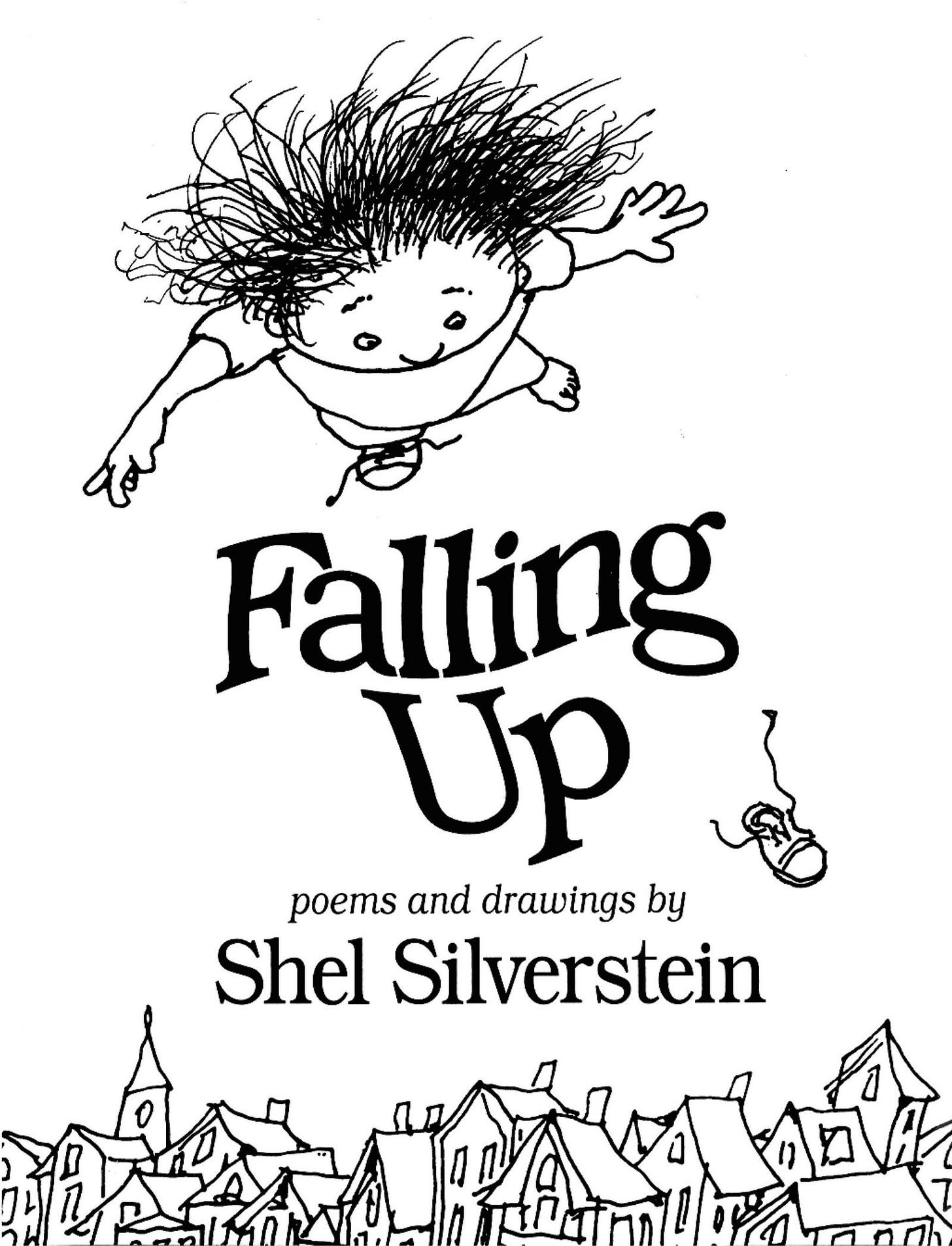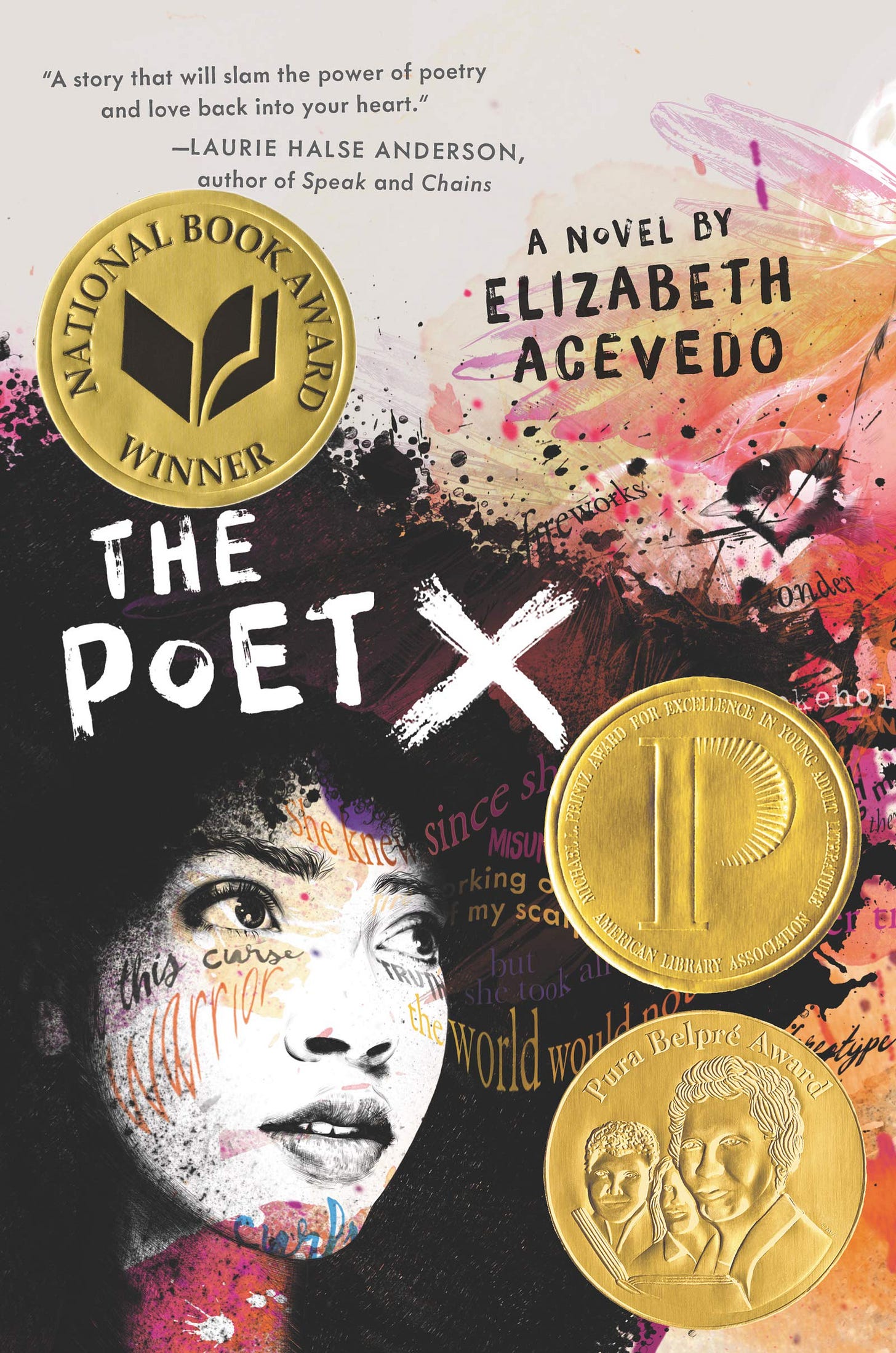In his English class, my son will soon be reading The Poet X, a novel by Elizabeth Acevedo. For insight into his course content—and to spur potential dinner conversation—my wife and I both gave it a quick read. The book follows the public high school drama of Xiomara Batista, the daughter of a devoutly catholic family of Latin immigrants.
The book is an Amazon best-seller, and holds the number one spot in several fiction categories. The title won the National Book Award for Young People’s Literature, the Michael L. Printz Award, and the Pura Belpré Award. And notably, the entire work is written in verse.
I think its probably fair to say that I am not the target audience for this particular story. So it shouldn’t be surprising that I generally found the work boring and uninspired. The themes and subject matter didn’t resonate with me at all, and the narrative did little to help me identify or empathize with the characters.
To be fair, the book isn’t entirely devoid of interesting ideas. In one passage, Acevedo’s character Xiomara draws an intriguing connection between the difficult labor endured by her mother during her birth, and how others subsequently labored with difficulty to correctly pronounce her given name. In another passage, she discusses how unresolved questions from her confirmation class have only helped to confirm her doubts about Catholicism.
But a couple of glistening nuggets does not a treasure make. Overall, the book was frightfully dull, and the “verse” really left me wanting. I genuinely like poetry. I admittedly don’t have a degree in fine literature, but I’m also not a total dullard on the topic. I read poetry frequently and enjoy a wide variety of popular and novel forms. Yet for most of the book, I struggled to find any recognizable poetic structure whatsoever.
Here’s a short bit of a poem called Reuben’s House Party:
“When I get to the address in Washington Heights
I know I’m too early.There are only a handful of people there,
who, like me, made bootleg attempts at a costume.I see a couple of people I know from school,
but no one I would hang out with.This is a party crowd: the loudest, the boldest,
the ones who smoke during the school day,
and drink their parents’ mamajuana on the weekend.”
The poem goes on for another nine verses, but you get the idea. This fragment is fairly indicative of nearly all the “poems” in the book. No use of metaphors or similes. No appreciable rhyme schemes. No regular syllable counts. No clear patterns of stressed and unstressed syllables. No creative word-play, nor vivid, colorful language. Just a heaping helping of what feels like lazy, effortless free verse: unimaginative sentences fractured into pieces to give the illusion of poetry.
As if all it takes
to write poems worth reading,
is to break up
one long, boring
stream of consciousness about high school—
or other such nonsense—
haphazardly
on a page,
like...
this.The Poet X was definitely not my cup of tea, but it certainly won’t keep me from enjoying verses by Maya Angelou, Robert Service, Shel Silverstein, or Eminem. (Hey, how about THAT for range!) But I do worry my son will scratch his head—or worse, yawn—at the conclusion of Acevedo’s novel. Assuming he’s not turned off forever, he’ll hopefully give other poets a fair shake.

Have you read the multiple-award-winning book The Poet X? If you liked it, please set me straight…clearly there’s something I don’t understand! And do let me know if you think I’m being too hard on free verse poetry. (But I suspect I’m not…)
As you know, I don’t charge a dime for my priceless thoughts. But if you’re inclined to provide support, here are a few ways to do so:
If you liked this post, kindly share it with your friends using the button below, or
connect with Noon at the Park on Twitter, Instagram and Facebook, or
Buy yourself something nice on Amazon. You can start with this month’s personalized recommendation, but feel free to put anything in your cart and hit “Buy Now”, or…
just offer me a beer.





